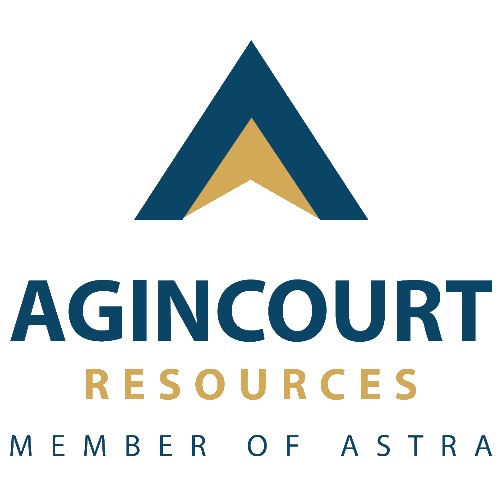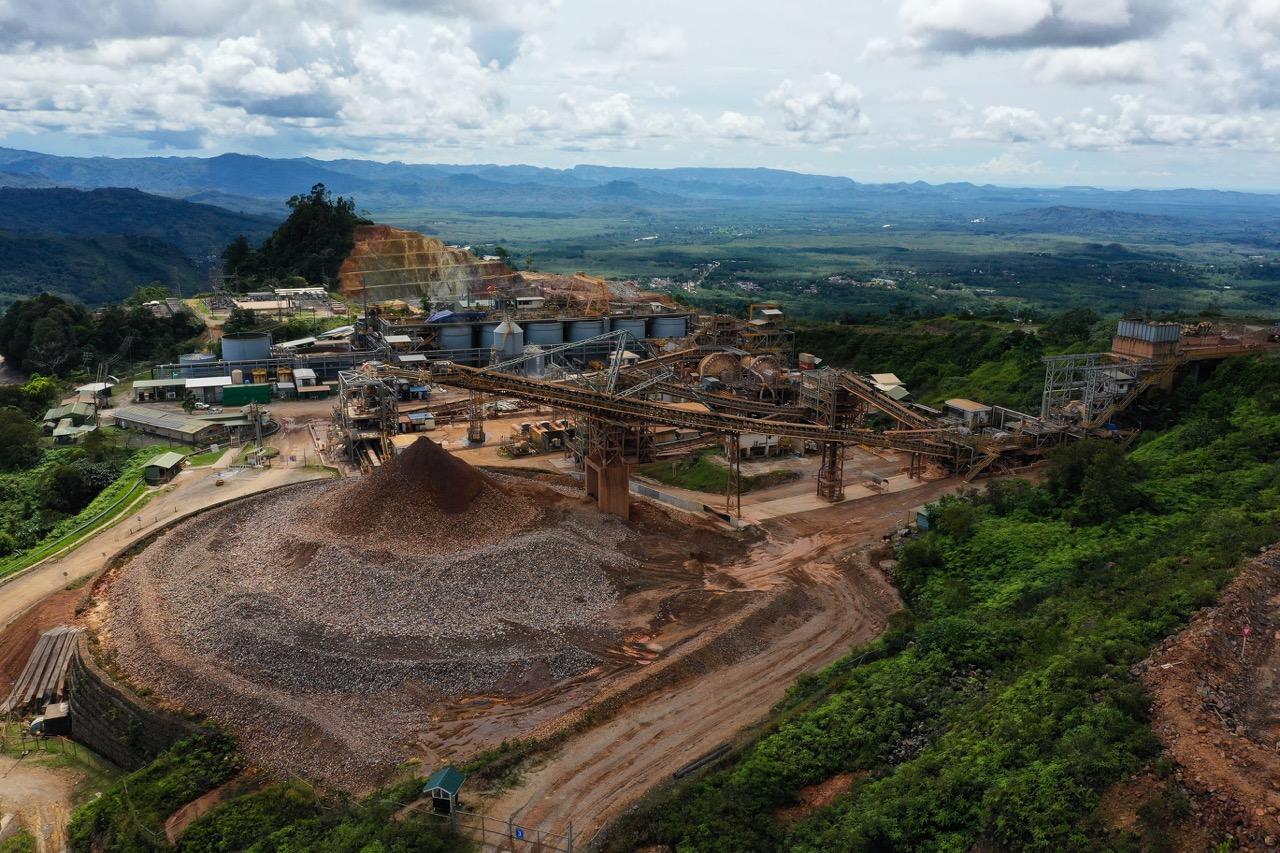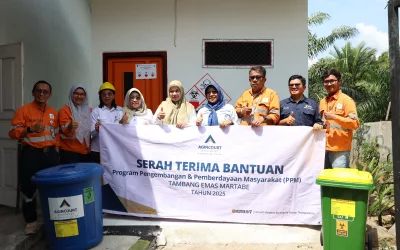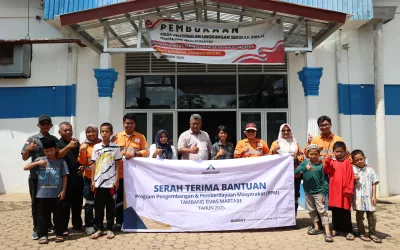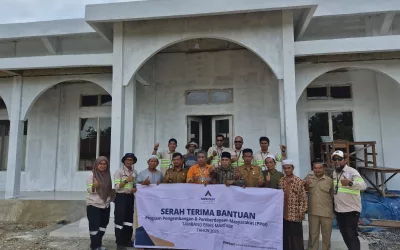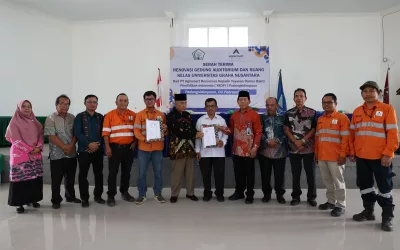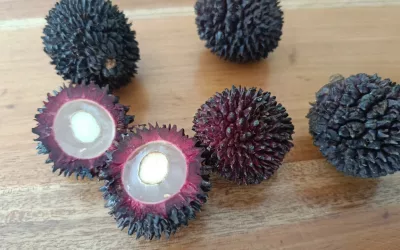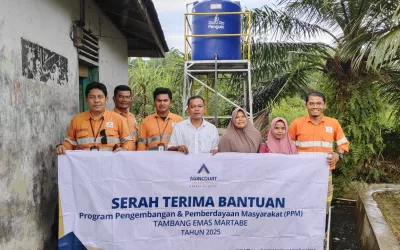Indonesia has a very high mineral reserve potential. During colonialism, through Indische Mijnwet 1899, the Dutch East Indies government declared their control over minerals and metals in Indonesia. They issued a ban on granting permits for excavating minerals from soil to parties other than Dutch people.
Post-independence, the Indonesian government immediately took over by issuing laws that oblige the state to regulate the mineral exploration and mining throughout the territorial sovereignty to be used for the greatest prosperity of the people, both collectively and individually. However, financing the mining sector requires enormous money, plus Indonesia’s human resources were not yet capable of managing large amounts of mining resources. So, at that time, the mining products were not optimally managed.
For better resource management, the Indonesian government issued Law No. 1 article 8 of 1967 which regulates Foreign Investment (PMA) in the mining sector within the territory of the Republic of Indonesia. This article explicitly states that foreign investment in the mining sector is based on a partnership scheme with the government on the basis of a contract of work or other form in accordance with the applicable laws and regulations.
Based on that Law, then the government issued Law No. 11 of 1967 concerning Basic Mining Provisions. This law opens up the possibility of investing in the mining sector on the basis of a Contract of Work, which underlies the birth of the Generation I Contract of Work, which is between the Freeport Sulfur Company (FCS/PT. Freeport Indonesia. Inc), owned by the United States, and the Government of Indonesia on April 5, 1967. After that, in the period between 1967-1972, at least 16 foreign mining companies were recorded as having entered into Contracts of Work with the Indonesian government. Those included several well-known foreign mining companies, such as ALCOA, Billton Mij, INCO, Kennecott, and US Steel. The total foreign investment that entered Indonesia at that time was US$2,488.4 million.
A Contract of Work or commonly referred to as a CoW is an agreement to conduct mining activities between the Indonesian government and a business entity of Indonesian legal entity. This entity can be a national company or foreign company that incorporates an Indonesian legal entity that cooperates with a local company. This Contract of Work is generally valid for several years and will be renewed after the approval period ends.
In the Contract of Work, the contractor is given the exclusive right to do the mining, but does not include any surface land rights. This cooperation implements profit sharing schemes between the government and the contractor.
Since Generation I, the Contract of Work has continued to change every time there is a contract renewal. Each of these changes forms the basis for the designation of the contract generation. Therefore, there are Generation I to Generation VII Contract of Work even though there is no fundamental difference between Generation I and the others except for the financial obligations to the government that must be met.
Then, in line with the development of the mining sector, in 2009, the government issued Law No. 4 of 2009 concerning Minerals and Coal which revoked Law no. 11 of 1967. And in 2020, Law no. 4 of 2009 is no longer valid with the issuance of Law no. 3 of 2020 concerning Amendments to Law Number 4 of 2009 concerning Mineral and Coal Mining.
This latest law changes the agreement regime to a licensing regime, but the Contract of Work is still valid for the holders until the end of the contract period and can be extended using a Mining Business Permit (IUP). This change is intended to accommodate the mandate in Article 33 of the 1945 Constitution, namely that the state can control natural resources for the greatest prosperity of the people.
In contrast to Contracts of Work which prioritize the interests of foreign investors, in this permit issuing process, the government is in a more superior position compared to mining companies, because the government can always carry out evaluations of the mining companies performance.
